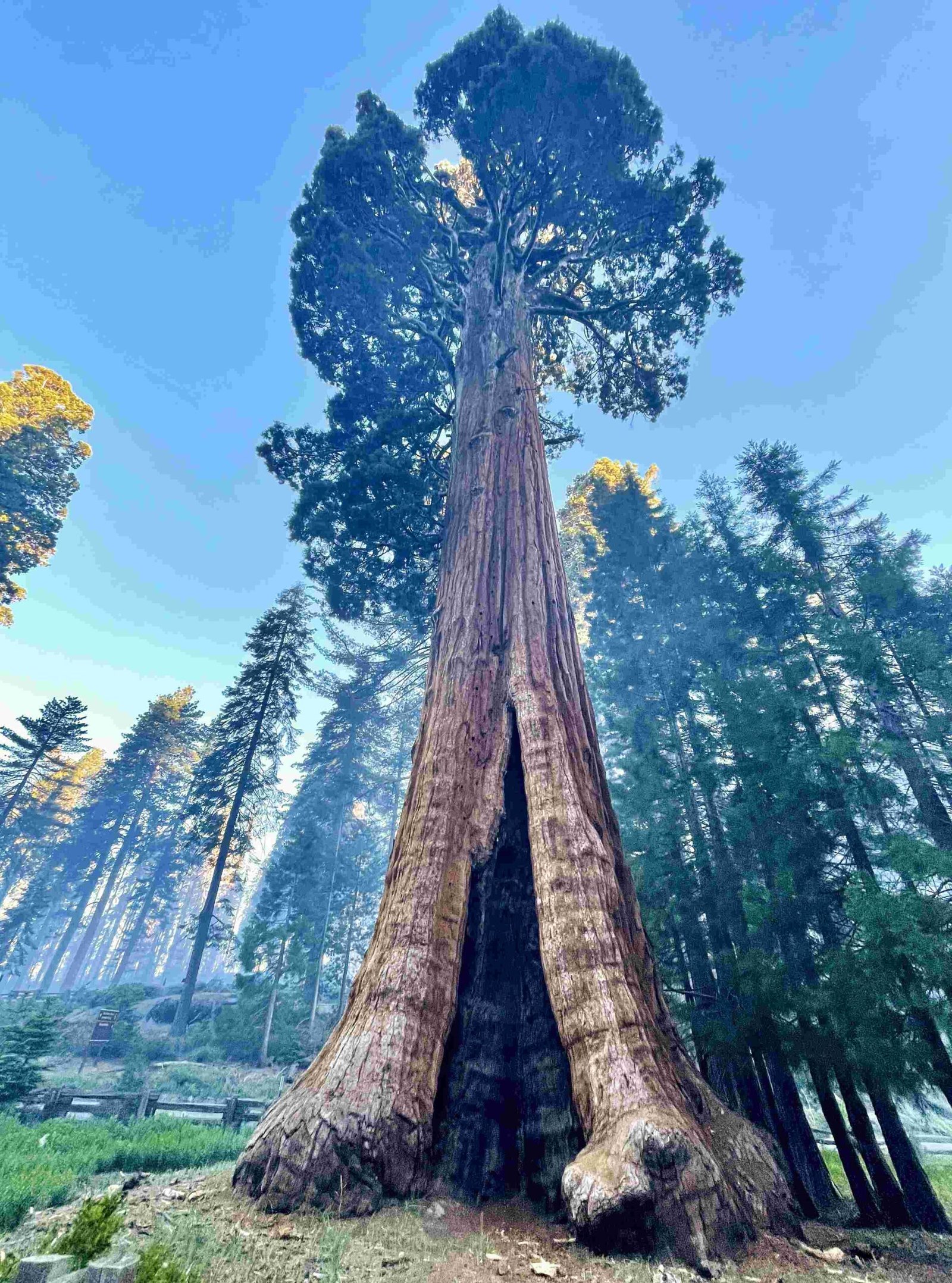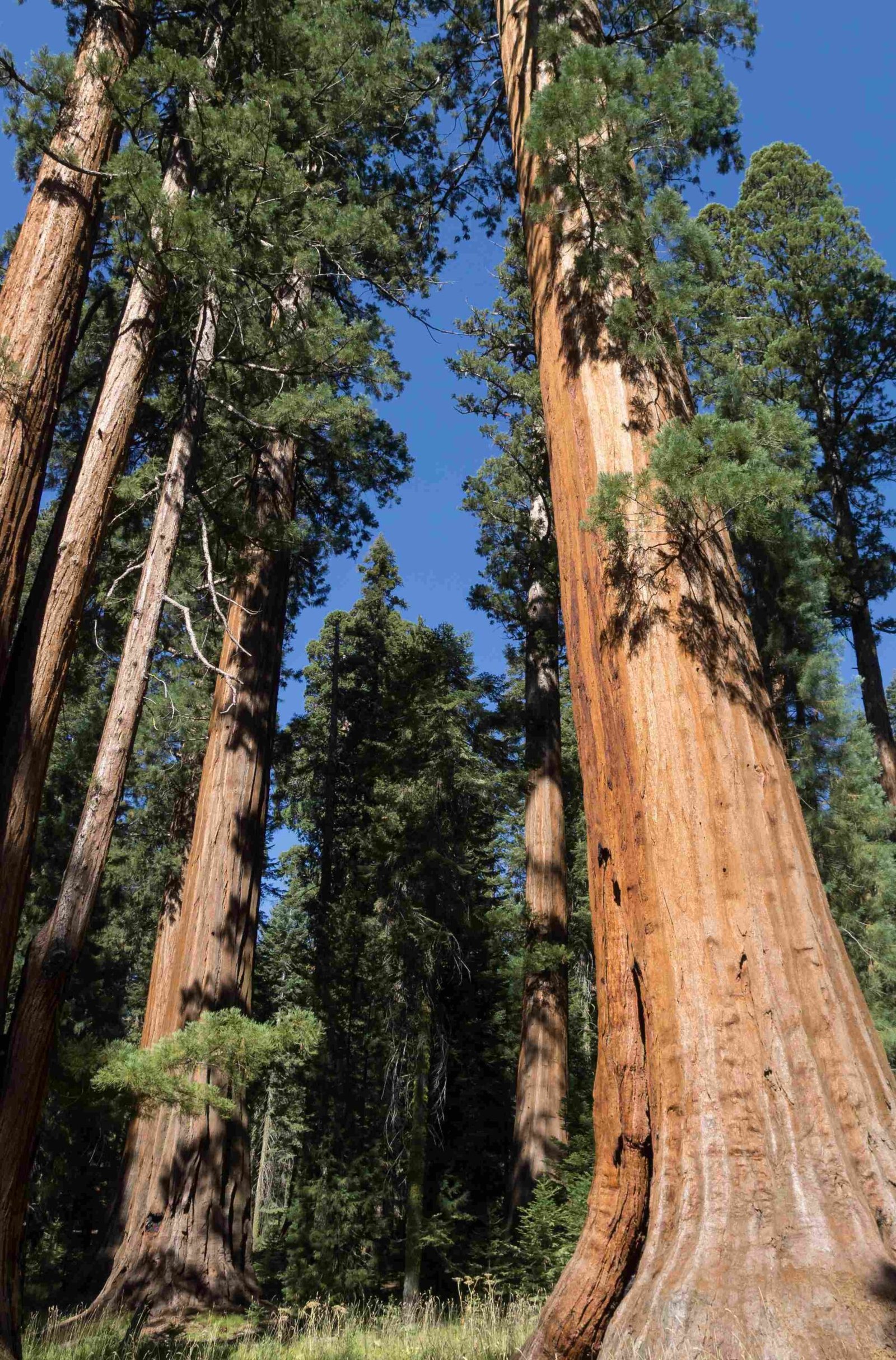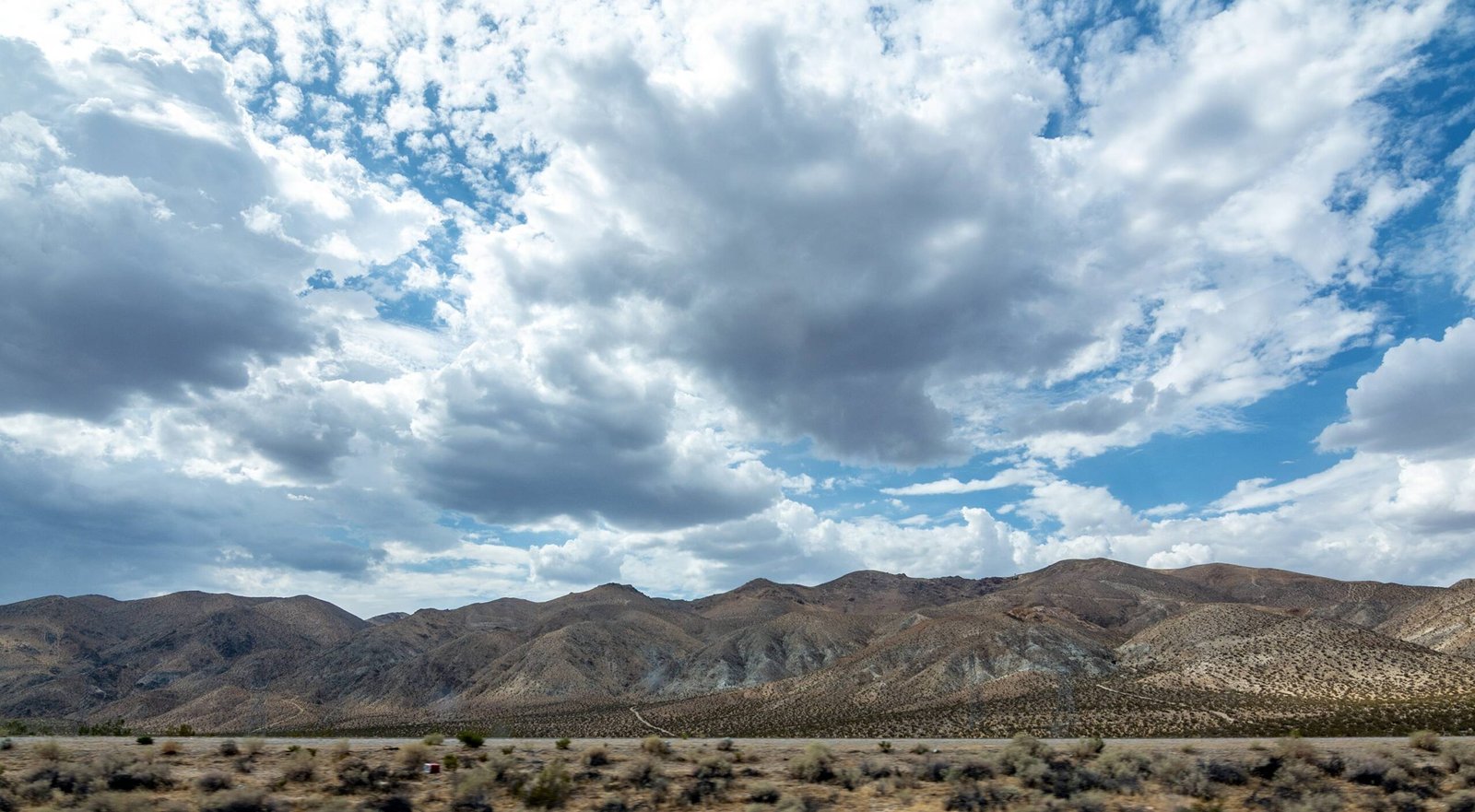Sequoia National Park offers a unique horseback riding experience amidst towering sequoias and stunning mountain landscapes. With diverse trails ranging from gentle meadow rides to challenging backcountry adventures, the park caters to riders of all skill levels. Guided tours and self-guided options are available, allowing visitors to explore the park’s natural beauty from a different perspective. This guide provides comprehensive information on trails, regulations, and services for horseback riding in Sequoia National Park.
What Are the Best Horseback Riding Trails in Sequoia National Park?

Sequoia National Park boasts a variety of trails suitable for horseback riding, each offering unique experiences and challenges. Here are some of the most notable trails:
- High Sierra Trail
- Length: 60 miles
- Difficulty: Challenging
- Highlights: Runs from Crescent Meadow to Mount Whitney summit
-
Best for: Experienced riders seeking a multi-day adventure
-
John Muir Trail
- Length: 211 miles (partially in Sequoia National Park)
- Difficulty: Varied, generally challenging
- Highlights: Traverses through Kings Canyon, ends at Mount Whitney
-
Best for: Long-distance riders with backcountry experience
-
Pacific Crest Trail
- Length: 70 miles within Sequoia National Park
- Difficulty: Varied
- Highlights: Diverse terrains and picturesque landscapes
-
Best for: Riders looking for a mix of challenges and scenery
-
Little Baldy Trail
- Length: 3.3 miles
- Difficulty: Relatively relaxed
- Highlights: Panoramic views from Little Baldy summit
-
Best for: Less experienced riders or those seeking shorter rides
-
Big Trees Trail
- Length: 1.5 miles
- Difficulty: Flat and gentle
- Highlights: Lush meadow surrounded by giant sequoias
-
Best for: Beginners or families with children
-
Cedar Grove Area Trails
- Includes: Hotel Creek Trail, Lewis Creek Trail, Lookout Peak Trail
- Difficulty: Varied
- Highlights: Scenic views and access to Kings Canyon area
- Best for: Riders interested in exploring the Kings Canyon region
Where Can I Find Guided Horseback Tours in Sequoia National Park?

For those who prefer guided experiences, Sequoia National Park offers several options:
Grant Grove Stables
- Tour durations: 1-2 hours
- Group size: Limited to single family groups (up to 6 people)
- Notable landmarks: General Grant Tree, North Grove, Lion Meadow, Dead Giant Loop
- Contact: 559-335-9292
- Operating season: Typically June through mid-October, weather permitting
Cedar Grove Pack Station
- Tour durations: 1 hour to all-day rides
- Group size: Limited to single family groups (up to 6 people)
- Notable landmarks: Kings Canyon River, Cedar Grove area
- Contact: 559-565-3360 (summer) or 559-802-7626 (off-season)
- Operating season: Typically June through mid-October, weather permitting
- Additional services: Day trips and wilderness spot/dunnage trips
What Are the Horseback Riding Regulations in Sequoia National Park?
To ensure safety and preserve the park’s natural beauty, Sequoia National Park has established specific regulations for horseback riding:
- Permits
-
Wilderness permits are required for overnight trips with horses, mules, burros, or llamas
-
Age and Weight Restrictions
- Guided rides may have weight limits and age restrictions
-
Contact the stables directly for specific information
-
Trail Usage and Horse Care
- Specific rules are in place for trail usage and horse care
-
Contact park offices for current conditions and regulations
-
Group Size Limits
- Currently, guided tours are limited to single family groups of up to 6 people
How Do I Prepare for a Horseback Riding Trip in Sequoia National Park?
Proper preparation is key to enjoying a safe and memorable horseback riding experience in Sequoia National Park:
- Physical Fitness
- Ensure you’re in good physical condition, especially for longer or more challenging rides
-
Stretching before and after riding can help prevent soreness
-
Appropriate Clothing
- Wear long pants and closed-toe shoes with a heel
- Dress in layers to accommodate changing weather conditions
-
Bring a hat and sunglasses for sun protection
-
Safety Equipment
- Helmets are often provided but you may bring your own
-
Consider bringing gloves for a better grip on the reins
-
Hydration and Snacks
- Bring plenty of water, especially for longer rides
-
Pack energy-rich snacks for sustenance during the trip
-
Camera and Binoculars
- Capture the stunning scenery and wildlife you may encounter
-
Ensure your equipment is securely attached to avoid dropping it
-
Reservations
- Book your guided tour in advance, especially during peak season
- Check current park conditions and any restrictions before your visit
What Are the Benefits of Horseback Riding in Sequoia National Park?
Horseback riding in Sequoia National Park offers numerous advantages:
- Unique Perspective
- Experience the park’s beauty from a higher vantage point
-
Access areas that might be challenging on foot
-
Connection with Nature
- Enjoy a slower pace, allowing for better observation of flora and fauna
-
Minimal environmental impact compared to motorized transportation
-
Historical Experience
-
Follow in the footsteps of early explorers and settlers who used horses to traverse the area
-
Physical and Mental Health
- Engage in a low-impact form of exercise
-
Reduce stress through interaction with animals and nature
-
Educational Opportunity
-
Learn about the park’s ecosystem, geology, and history from knowledgeable guides
-
Photography Opportunities
- Capture unique angles and perspectives of the park’s landscapes
What Should I Know About Horse Care During My Ride?
Proper horse care is essential for a safe and enjoyable ride:
- Respect the Animal
- Follow your guide’s instructions for interacting with and handling the horse
-
Avoid sudden movements or loud noises that might startle the horse
-
Mounting and Dismounting
- Wait for assistance and instructions from your guide
-
Use proper technique to avoid injuring yourself or the horse
-
Riding Technique
- Maintain good posture and balance in the saddle
-
Use gentle cues as instructed by your guide
-
Trail Etiquette
- Stay on designated trails to protect the environment
-
Yield to hikers and uphill riders when appropriate
-
Breaks and Rest
- Allow horses to rest and drink water during designated stops
- Never tie a horse to a tree or leave it unattended
By following these guidelines and respecting both the animals and the environment, you’ll contribute to a positive horseback riding experience in Sequoia National Park.

